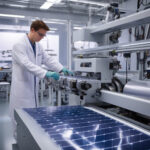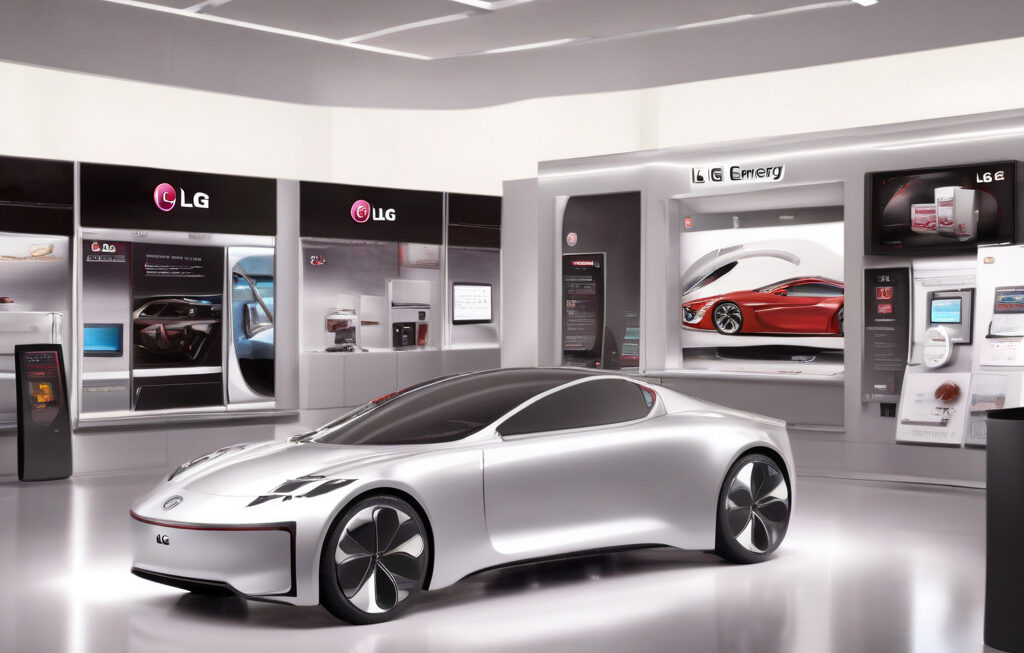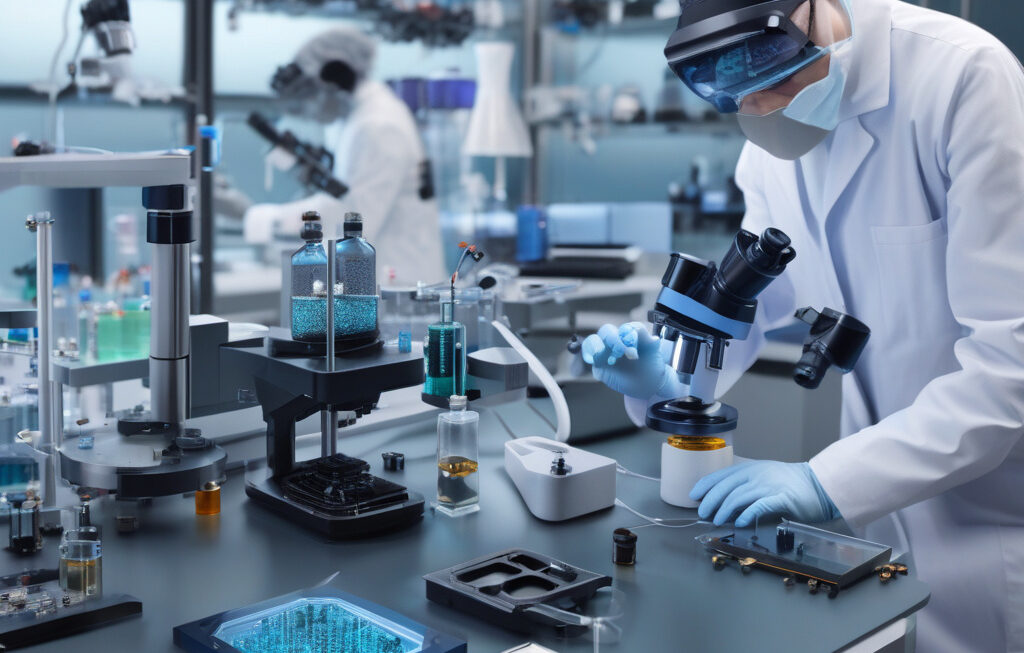Nanotech Membrane Filters Lithium from Brines to Boost Battery Production
A cleaner way to extract lithium may be on the horizon. A team of researchers has made significant strides in developing nanotechnology-based membrane filters that can efficiently extract lithium from brines, potentially revolutionizing the battery production industry.
Lithium is a critical component in the manufacturing of rechargeable batteries, which power everything from smartphones to electric vehicles. As the demand for these devices continues to rise, so does the need for a more sustainable and efficient method of lithium extraction. Traditional extraction methods, such as evaporation ponds, can be environmentally damaging and time-consuming.
The emergence of nanotechnology in the form of membrane filters offers a promising solution to these challenges. By leveraging the unique properties of nanomaterials, researchers have been able to design membranes that can selectively filter lithium ions from brine solutions, streamlining the extraction process and reducing waste production.
One of the key advantages of nanotech membrane filters is their high selectivity. These filters can target lithium ions specifically, allowing for a more efficient extraction process compared to conventional methods. This selectivity not only increases the purity of the extracted lithium but also minimizes the environmental impact of the extraction process.
Furthermore, nanotech membrane filters offer scalability and cost-effectiveness. Once the technology is fully developed and implemented on an industrial scale, it has the potential to significantly reduce the overall cost of lithium production. This cost reduction could translate to lower prices for lithium-ion batteries, making renewable energy sources more accessible and affordable for consumers.
In addition to boosting battery production for consumer electronics, the advancement of nanotech membrane filters could also have far-reaching implications for the electric vehicle industry. As automakers continue to transition towards electric vehicles to reduce carbon emissions, the demand for lithium-ion batteries is expected to surge. A more efficient and sustainable method of lithium extraction would be crucial in meeting this demand and accelerating the adoption of electric vehicles worldwide.
The development of nanotech membrane filters for lithium extraction represents a significant milestone in the intersection of nanotechnology, sustainability, and energy storage. By harnessing the power of nanomaterials, researchers are paving the way for a cleaner and more efficient future in battery production.
In conclusion, the potential of nanotech membrane filters to revolutionize lithium extraction from brines holds great promise for the battery production industry. As researchers continue to refine this technology, we can expect to see advancements that not only enhance the sustainability of lithium extraction but also drive innovation in energy storage solutions.
#Nanotech, #MembraneFilters, #LithiumExtraction, #BatteryProduction, #Sustainability












